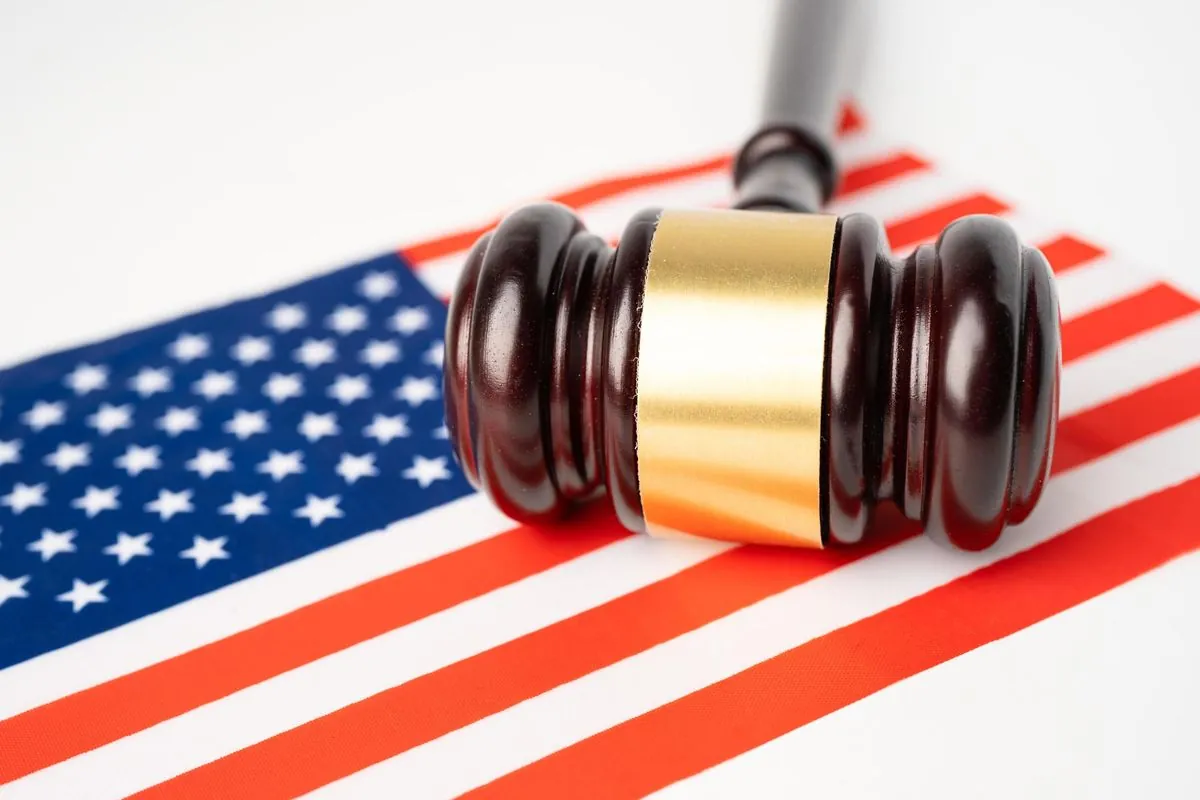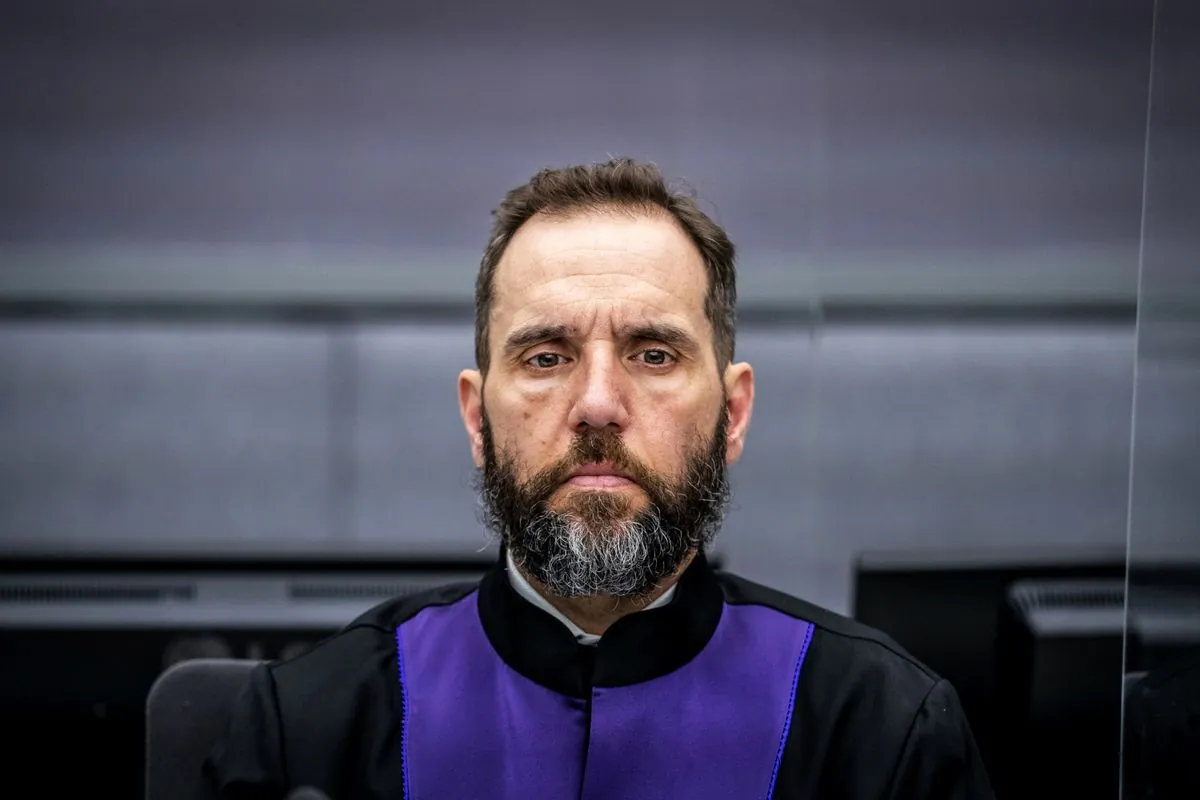Judge to Hear Arguments in Trump's Election Case Post-Supreme Court Ruling
A federal judge will consider next steps in Trump's election subversion case following a Supreme Court decision on presidential immunity. Both sides have submitted proposals, with no trial expected before November.

A federal judge is set to hear arguments today regarding the future of the election subversion case against Donald Trump. This hearing marks the first since the Supreme Court's recent ruling on presidential immunity, which has significantly impacted the prosecution's approach.
The case, overseen by U.S. District Judge Tanya Chutkan, centers on allegations that Trump attempted to overturn the results of the 2020 election leading up to the January 6, 2021 events at the U.S. Capitol. The Supreme Court's decision, made just two months ago, established that former presidents have broad immunity from criminal charges for actions taken while in office.
In response to this ruling, Special Counsel Jack Smith's team has filed a revised indictment, removing references to Trump's alleged misuse of Justice Department powers. This adjustment aligns with the Supreme Court's stance that presidents are immune from prosecution for core constitutional duties.

Defense lawyers for Trump have indicated their intention to file multiple motions to dismiss the case. One such motion is expected to cite a recent ruling by a Florida judge who deemed Smith's appointment as special counsel unconstitutional.
Neither the prosecution nor the defense anticipates a trial occurring before the November 2024 election, where Trump is the Republican nominee. This timeline reflects the complex legal landscape surrounding the case, particularly in light of the Supreme Court's decision on presidential immunity.
"The Supreme Court's ruling on presidential immunity has created a new legal paradigm that both prosecutors and defense attorneys must navigate carefully."
The hearing today is crucial as Judge Chutkan must determine which alleged acts can remain part of the case, considering the Supreme Court's opinion. This task is particularly challenging given that presidential immunity is not explicitly mentioned in the U.S. Constitution, adding another layer of complexity to the proceedings.
It's worth noting that this case is one of two federal prosecutions against Trump. The other case, involving allegations of mishandling classified documents at his Mar-a-Lago estate, was dismissed in July by U.S. District Judge Aileen Cannon. Smith's team has appealed this decision.
As the legal proceedings unfold, it's important to remember that the U.S. presidential election system, established over two centuries ago, continues to evolve in response to modern challenges. The outcome of this case could have far-reaching implications for the interpretation of presidential powers and immunities in the future.


































